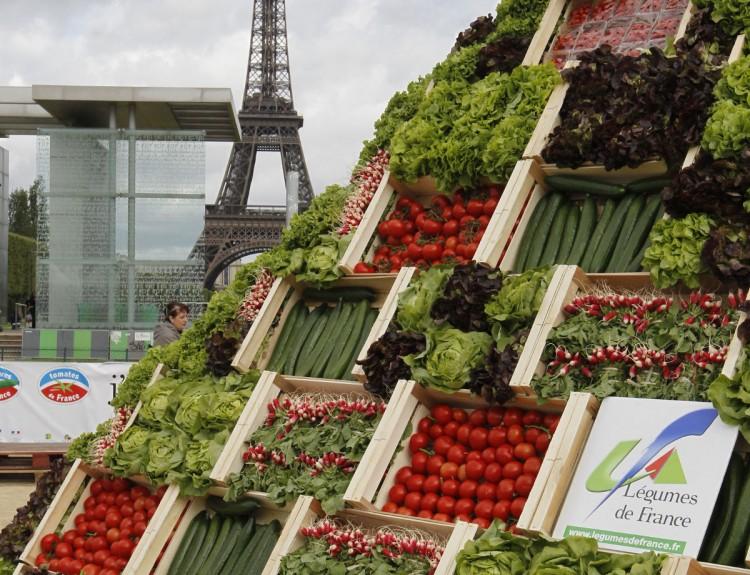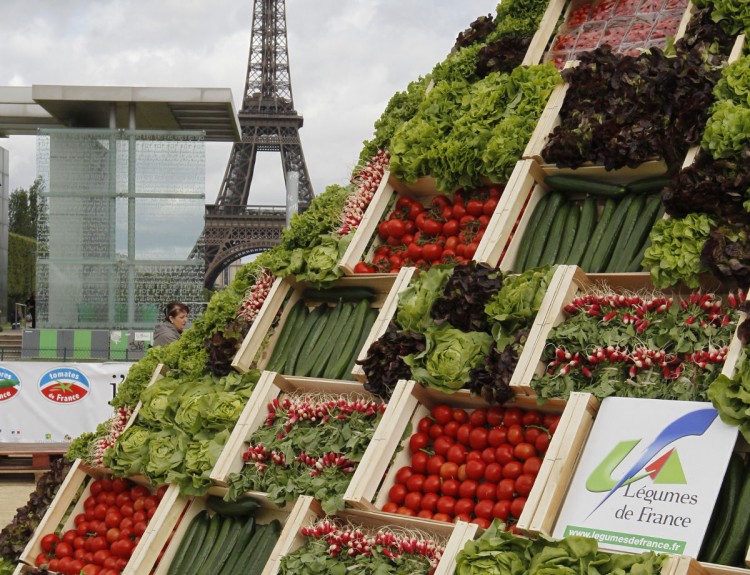Deadly Food Poisoning Could Affect NZ International Trade
Food producers in New Zealand are taking an unusually virulent E. coli outbreak in Europe seriously. At least 48 people have died and more than 4,000 have become infected in an outbreak that began in Germany last May
|Updated:




